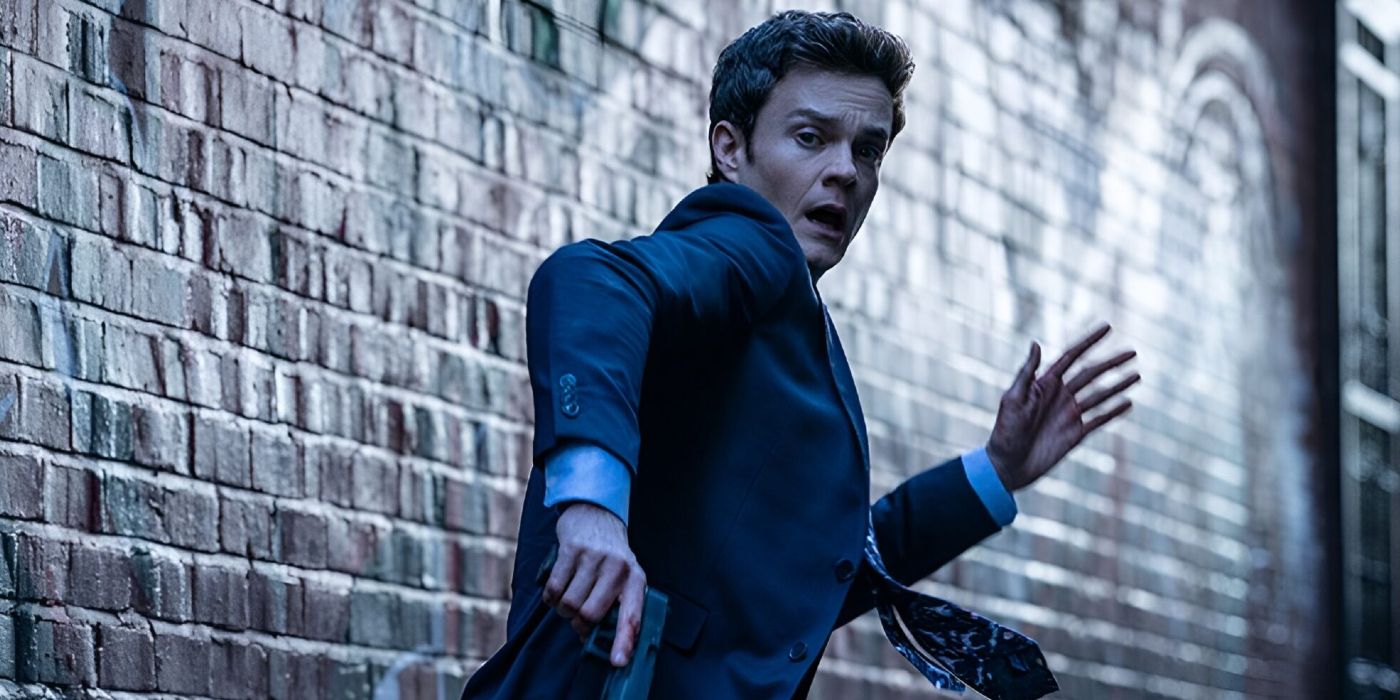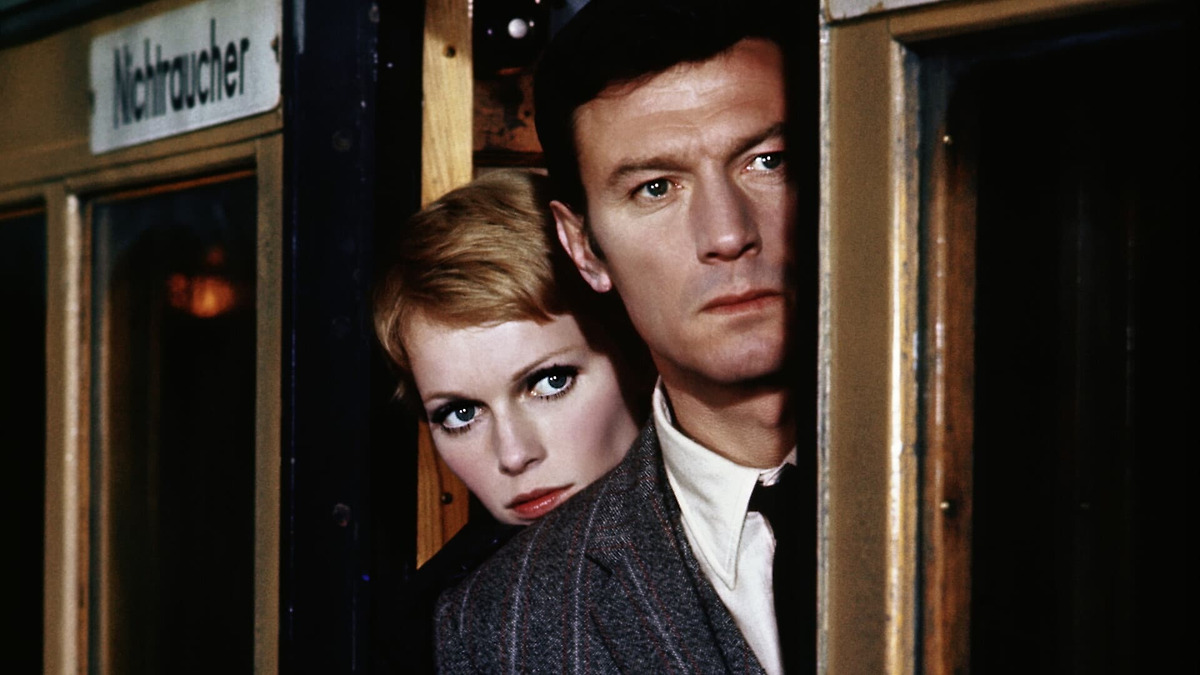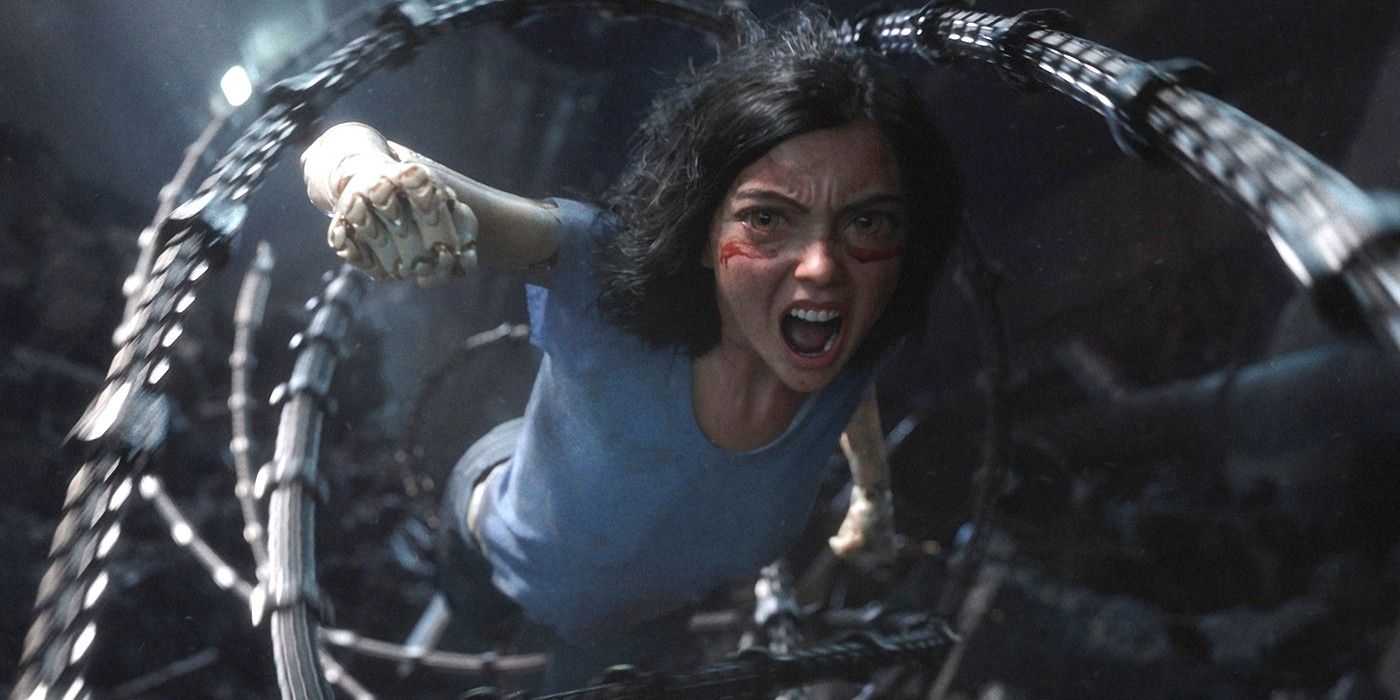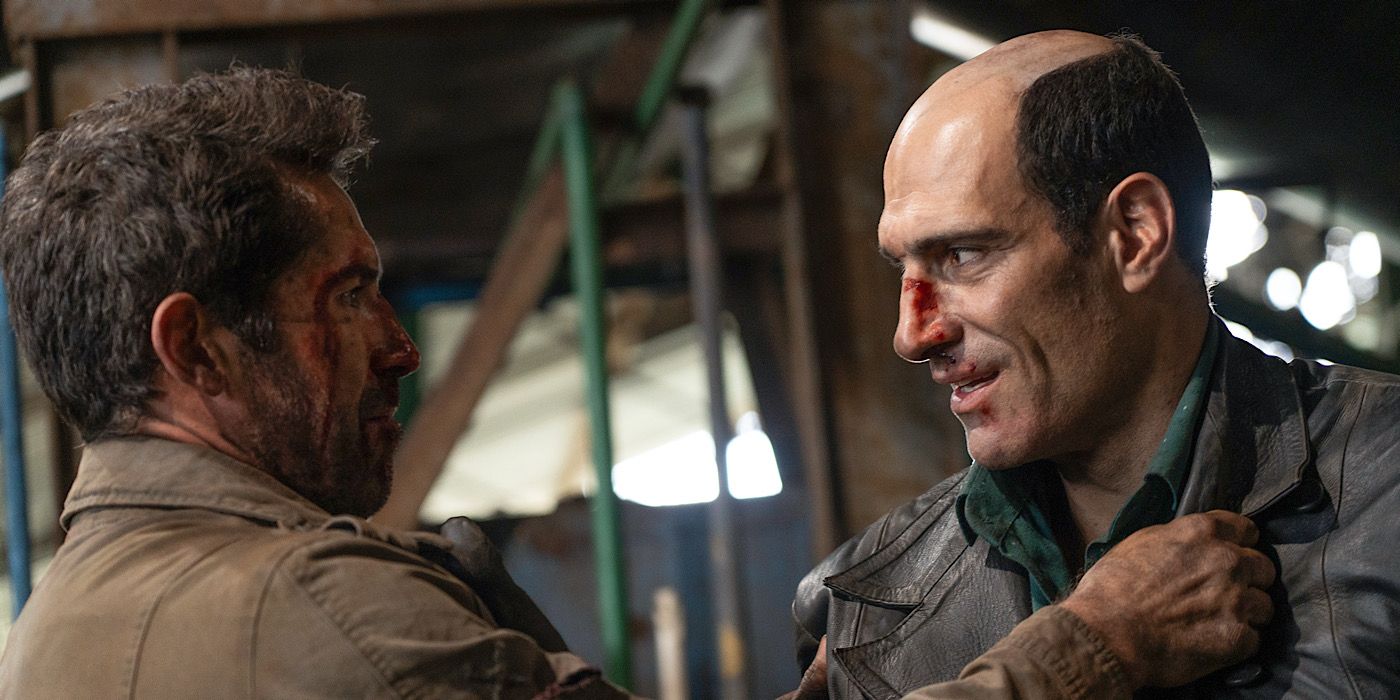Of course, the “outey” version of Mark has a story. A quiet soul, he’s still grieving the loss of his wife in a car accident, giving the very concept of “Severance” additional emotional weight—who wouldn’t consider leaving that kind of pain behind for eight hours a day? Mark has a pregnant sister named Devon (Jen Tullock) and a brother-in-law (Michael Chernus) who don’t think he made a healthy decision. And then the world of Lumon starts to invade Mark’s life on the surface, challenging him to reconsider what he’s doing at work every day, and how we can’t really live two lives.
There are some big, fascinating questions at play in “Severance” about grief, connection, and identity. The work/life divide has been a talking point, especially during the pandemic, but what if it was literal? What would that mean? There are also questions about why a business would want severed employees and the moral implications that would entail. What are they hiding? What can we handle not knowing about ourselves and those we work for when we’re behind a desk?
Creator Dan Erickson spins his concept in consistently unexpected, riveting ways, pushing his characters through a perfectly balanced series of plot twists and character revelations. The writing may be a bit out there for some viewers, and there’s a tiny narrative sag mid-season before an incredible final couple episodes push to an incredible cliffhanger, but the ensemble grounds it, keeping us engaged with the people as much as their predicaments. Scott plays the two Marks with incredibly subtle differentiation. The work Mark is just a little more bright-eyed and optimistic. He’s not carrying the crushing weight of grief. Turturro and Walken get an arc that I wouldn’t spoil but that’s surprisingly lovely. Lower is fantastic in the early episodes although kind of fades into the background a bit mid-season. And then there’s Arquette, nailing the very unusual part of the mysterious woman trying to keep this house of cards from falling.
Unlike a lot of television, even in the Prestige Era, “Severance” also has a strong visual language and overall craftsmanship. Stiller directs the first couple episodes with a foreboding sense that’s somehow still playful—in the same fashion that Kaufman’s films can be both funny and terrifying in the same scene. We marvel at the ingenuity of the concepts in “Severance” and then are hit with what it all really means when our work self can never leave. The gorgeous (and yet somehow ominous) score by Theodore Shapiro (Stiller’s regular composer on his films) flows in and out of “Severance” in a way that makes it easier to get lost in this show, marveling at everything it does so well while asking ourselves what it means when we say we wish we could leave work behind when we go home at night. Are you sure?
Whole season screened for review.
You can view the original article HERE.

































